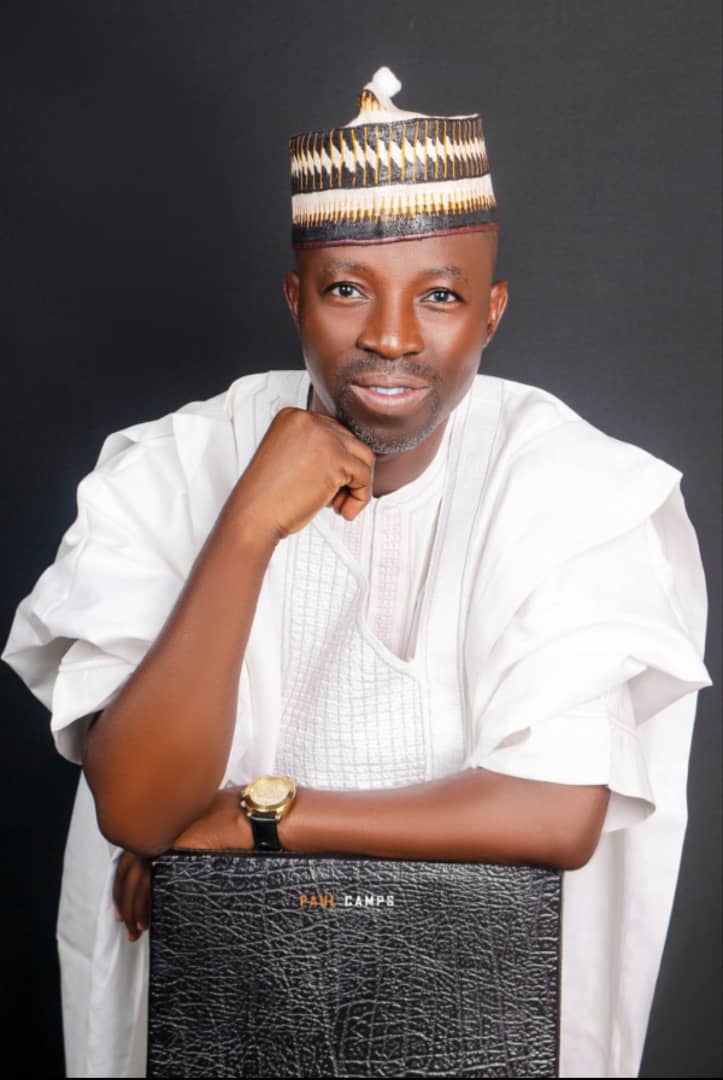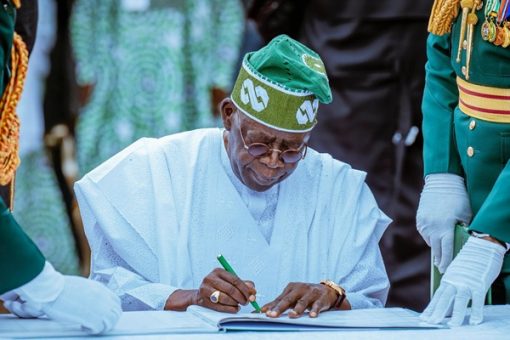In response to a recent court order restraining the Central Bank of Nigeria (CBN) and other financial institutions from releasing Rivers State's funds from the Consolidated Revenue, prominent legal expert ‘Tunji Abdulhameed Esq. has voiced a powerful critique, calling the restriction a severe breach of the fundamental rights of Rivers State citizens.
Abdulhameed argues that the freeze, ostensibly issued in response to alleged constitutional breaches by Governor Siminalayi Fubara, unfairly targets the people of Rivers State, stifling essential services, halting development projects, and withholding employee salaries. According to Abdulhameed, "Restraining the account of the state is a breach of the fundamental rights of the entire citizen of Rivers State. This action disrupts the development and growth of the state, affects the payment of salaries and entitlements, and halts ongoing and future projects that could benefit the citizens."
As a seasoned advocate, Abdulhameed emphasizes that the appropriate legal course for addressing any alleged misconduct by a governor is impeachment proceedings—not the freezing of funds intended for the public good. He warns that the restriction, while intended to penalize the governor, instead causes hardship for the broader population, impacting everyone from public servants to vulnerable communities dependent on government services.
In addition to affecting daily state functions, the restriction prevents funding for vital development projects that drive economic growth and social welfare in Rivers State. Abdulhameed highlighted that the citizens, who depend on government support and infrastructure, will feel the brunt of this financial freeze, while Governor Fubara remains relatively unaffected by the consequences.
The legal expert is now calling on the people of Rivers State to recognize the far-reaching implications of this restriction and to advocate for their rights to development and accessible public services. "The entire people of Rivers State, not just the governor, should be concerned or worried," he said, urging a united front against the restriction.
Abdulhameed's statement has sparked a larger conversation about the balance between holding officials accountable and ensuring that public welfare is not compromised in the process.




